RSS

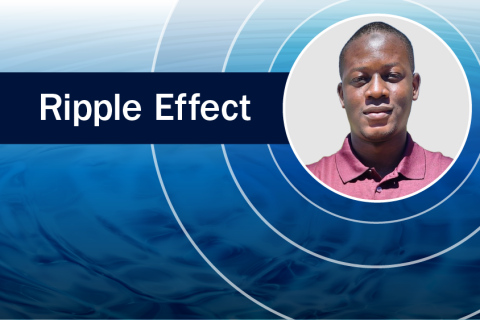
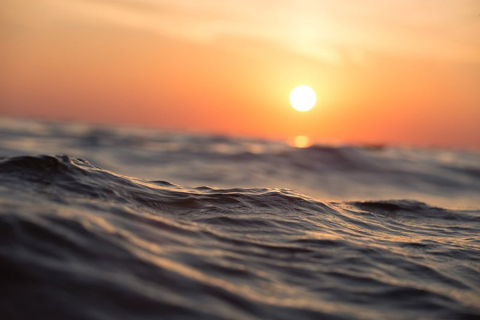
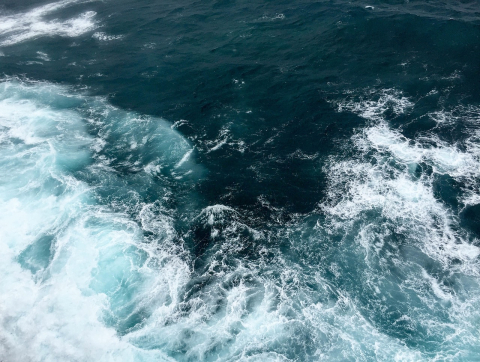
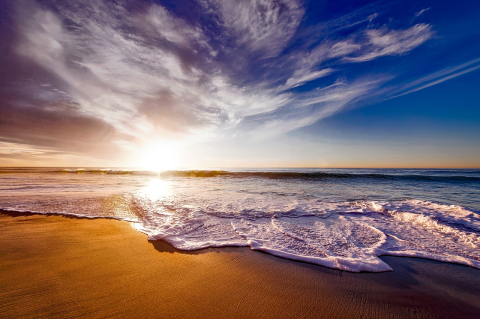
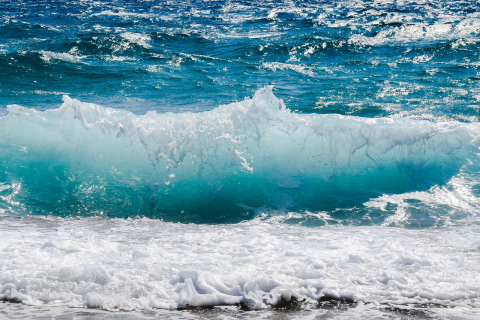
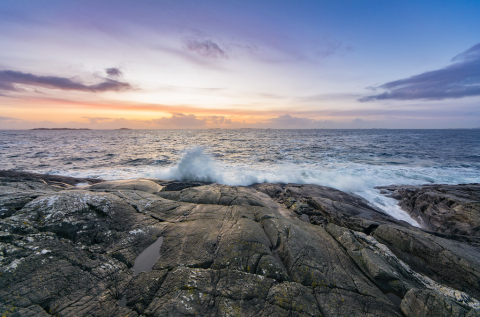
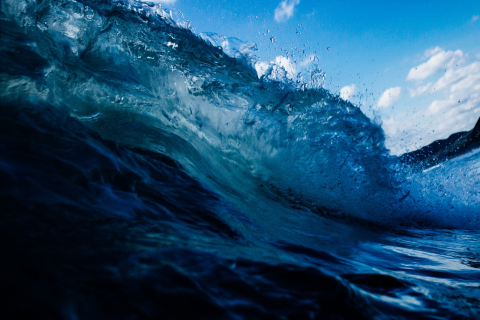
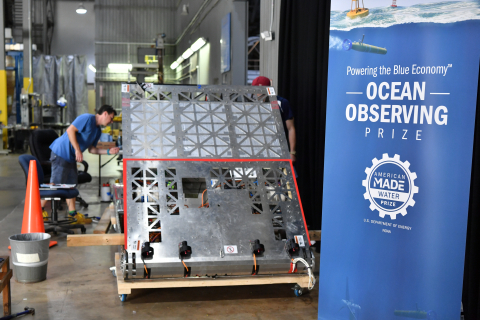
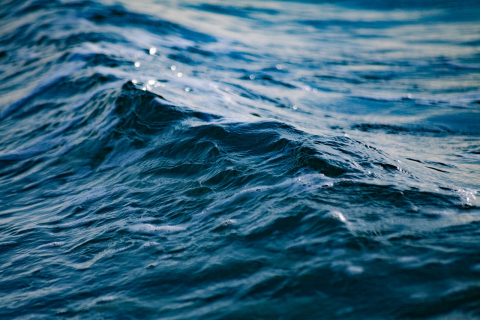
Subscribe to the Marine Energy Newsletter
WPTO's Marine Energy e-newsletter shares news and updates on tools, analysis, and emerging technologies to advance marine energy.
Below are stories about marine energy featured by the U.S. Department of Energy (DOE) Water Power Technologies Office.

At age 17, Claire Gonzales took her first deep ocean dive. Now, as a 2022 fellow in the Marine Energy Graduate Student Research Program, she works on co-locating marine energy with fisheries to help the world protect the ocean one ripple at a time.

As a kid, Habilou Ouro-Koura liked to break stuff. Now, as a 2022 fellow with the Marine Energy Graduate Student Research Program, Ouro-Koura is helping make ocean thermal energy practical so the world can fix climate change one ripple at a time.

WPTO issued a $10.3 million funding opportunity to accelerate the development and testing of renewable marine energy technologies with a focus on wave and ocean current resources.

Applications are now open for the Marine Energy Graduate Student Research Program. Previously only open to doctoral students, the program is now accepting applications from all graduate-level (master’s and doctoral) students for the first time.

Marine energy is harnessed from the natural movement of water, including waves, tides, and river and ocean currents. But how much power could it generate? Learn eight things to know about this abundant renewable energy resource.

Marine energy is a growing industry, but many people may not be familiar with these technologies and career pathways made possible by harnessing this resource. Learn about WPTO’s educational resources that teach students of all ages about marine energy.

Exploring New Materials and Manufacturing Processes to Help Marine Energy Achieve Commercial Success
To explore what new materials and manufacturing processes could do for the marine energy industry, WPTO convened researchers and industry experts to share what they might need to build more affordable, longer-lasting, and more efficient machines.

WPTO published a notice of intent to issue a $10 million funding opportunity to support wave-powered technology innovation. Learn more about this proposed funding opportunity, which WPTO expects to release in September.
The Ocean Observing Prize challenges participants to develop innovative technologies that can help better understand, map, and monitor the oceans. Sponsors support these teams in turning their designs into reality.

Twelve small business-led projects will drive innovation in water power technologies.

